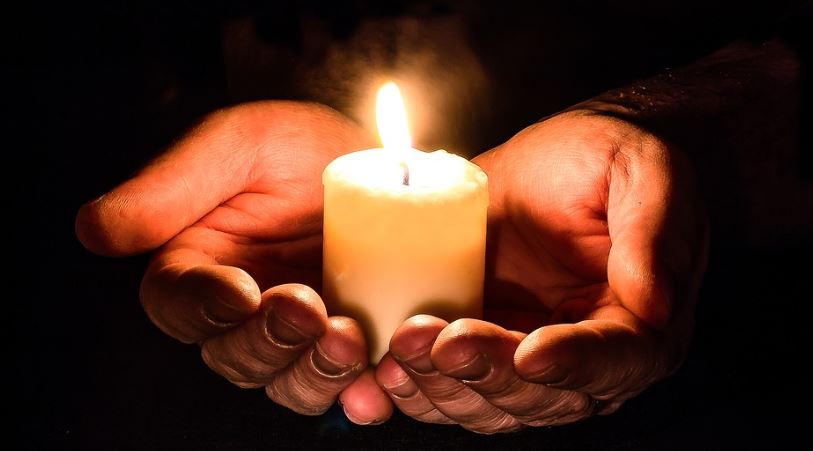Before you need the cremation services offered in Mount Vernon, WA, you will need to be prepared for the end of life, before and after.
There are several end-of-life documents that we should have ready so that our families know our medical wishes, who our medical advocate is if we’re unable to advocate for ourselves, and the kind of medical treatment we want when we are facing death.
One end-of-life document that we should to have is a medical power of attorney. A medical power of attorney appoints someone to make medical decisions for you if you are not in a position to make them yourself. A medical power of attorney is important if, for instance, you suffer a medical emergency that leaves you unable to communicate, you have a serious accident that leaves you unresponsive, or you develop dementia.
Make your medical power of attorney someone you trust. Be sure that they have your complete medical history, a copy of the medical power of attorney, and a copy of your advanced directive (living will, DNR, and INR).
Be sure to also provide your medical power of attorney with a current medication list and inform them of any current health problems you are dealing with or being treated for.
It is easy to create a medical power of attorney using software designed to create end-of-life documents or by using a printable medical power of attorney form online. Your medical power of attorney is a legally binding document as long as it is signed and dated.
In addition to a medical power of attorney, we all need living wills. A living will lets you decide what kind of medical treatment you want if you are dying or you are in a medical condition that you will not recover from (such as being comatose, for example).
A living will enables you to decide whether you want every possible thing done to keep you alive in a situation where you are dying or where there is chance of recovery, or whether you don’t want any life-prolonging procedures, but you do want comfort care.
If you don’t have a living will, then medical staff are obligated to try everything to keep you alive, even if you’ve verbally expressed to your family that you don’t want this done. There is a misconception that having a living will that specifies no life-prolonging measures should be done means that they will not receive comprehensive or good medical care. This is not true.
A living will is valid and legal as long as it is signed and dated. You and your medical power of attorney should keep these documents with you (or make sure they get into the electronic medical records system with your primary care physician and with the hospital system, if they’re separate).
If you do not want to be resuscitated or you don’t want to be intubated, you need to have a Do Not Resuscitate (DNR) order and a Do Not Intubate (DNI) order created. Your family primary care physician can write and sign these orders, which makes them legal and valid.
A DNR order lets medical professionals know that you don’t want to be resuscitated if your heart stop beating.
A DNI order lets medical professionals know that you don’t want any intervention if you are in respiratory failure, which can occur because of lung injuries, severe pneumonia, or pulmonary conditions, like COPD.
If you’d like to learn more about cremation services, our empathetic and knowledgeable staff at Moles Farewell Tributes & Crematory – Bayview Chapel can help. We also serve the areas of Bellingham, Ferndale and Mount Vernon, WA. You can come to our funeral home at 2465 Lakeway Dr., Bellingham, WA 98229 or you can contact us today at (360) 733-0510.
